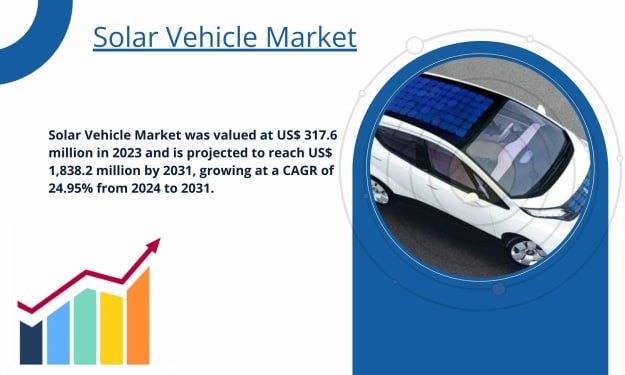ARE WE REALLY IN A RECESSION?
We're in a recession, maybe not though. It's not super clear are we headed towards a recession it is coming I think we are on a slow bleed into the recession all of our indicators suggest that leading indicators consumer confidence CEO confidence all point to a recession in the U.S economy it's been at least a year since people started talking about a possible recession nobody's really sure when it's coming or if it's already here because rather unhelpfully there are some contradictory signals right now having their fun speculating and we could too.
if you didn't know GDP or gross domestic product is a garbage number that doesn't really mean much but it means a whole lot to governments and businesses so unfortunately they've made it everyone else's problem roughly speaking GDP measures the total value of all the goods and services in a country in a given year GDP doesn't care if one guy makes all the money from this or if we cut down every single tree in the process or if we're all miserable GDP only calculates the value of all the stuff exchanged for money while cutting out the middlemen in the calculation. I'm really oversimplifying here but if there's more stuff or more services more value produced than the year before on paper the line goes up.
I’ll try and make a case for why some people including experts believe we are in a recession and others don’t believe so. Look at both sides of the argument and conclude whether we’re already in a recession or not.
THE CASE FOR A RECESSON:
1. Supply Chain Disruptions: The pandemic-induced disruptions in global supply chains have had far-reaching effects on various industries. These disruptions have resulted in shortages, rising production costs, and delayed deliveries, all of which can impactfully contribute to economic contractions.
2. Inflation Concerns: Another argument for a recession is the current spike in inflation. While inflation can be a normal part of a healthy economy, an excessively high and sustained inflation rate can erode purchasing power and hinder economic growth. The fear of inflation can lead to reduced consumer spending and business investments, potentially tipping the economy into a recession.
3. Economic Indicators: One of the most significant arguments supporting the notion of a recession is the state of key economic indicators. Factors like rising unemployment rates, slowing GDP growth, and decreased consumer spending are often seen as warning signs of an economic downturn. The COVID-19 pandemic, for instance, caused a sharp contraction in various sectors of the economy, leading many experts to suggest that a recession was indeed underway.
THE CASE AGAINST A RECESSION:
1. Recovery Trends: Some economists argue that the economy is showing signs of recovery rather than a recession. They point to improving job numbers, increased consumer confidence, and strong performance in certain sectors, such as technology and e-commerce, as evidence that the worst may be behind us.
2. Historical Context: When considering whether the US is in a recession, it's important to look at historical context. Recessions are typically characterized by extended periods of economic decline, whereas the current economic challenges may be more accurately described as a period of volatility and adjustment due to extraordinary circumstances. Stimulus Measures: The unprecedented fiscal stimulus measures introduced by the government have provided a significant boost to the economy. These measures, including direct payments to individuals and support for businesses, have helped stabilize and even stimulate economic activity. They may prevent the economy from entering a full-fledged recession.
3. Recovery Trends: Some economists argue that the economy is showing signs of recovery rather than a recession. They point to improving job numbers, increased consumer confidence, and strong performance in certain sectors, such as technology and e-commerce, as evidence that the worst may be behind us.
4. Historical Context: When considering whether the US is in a recession, it's important to look at historical context. Recessions are typically characterized by extended periods of economic decline, whereas the current economic challenges may be more accurately described as a period of volatility and adjustment due to extraordinary circumstances.
In conclusion,
The question of whether the United States is currently in a recession is not easily answered. The economic landscape is complex, and multiple factors are at play. While some indicators suggest recessionary pressures, others point to a resilient economy with potential for recovery. The ongoing uncertainty surrounding the pandemic, supply chain disruptions, and inflation dynamics further complicate the analysis.
From a knowledgeable standpoint, it can be argued that determining whether the US is experiencing a recession is subjective, relying on how one perceives and analyzes economic data. Nevertheless, it is evident that the current circumstances necessitate a persistent state of alertness, well-informed decision-making, and a dedicated effort to assist both individuals and businesses as the nation maneuvers through these unpredictable economic circumstances.






Comments
There are no comments for this story
Be the first to respond and start the conversation.